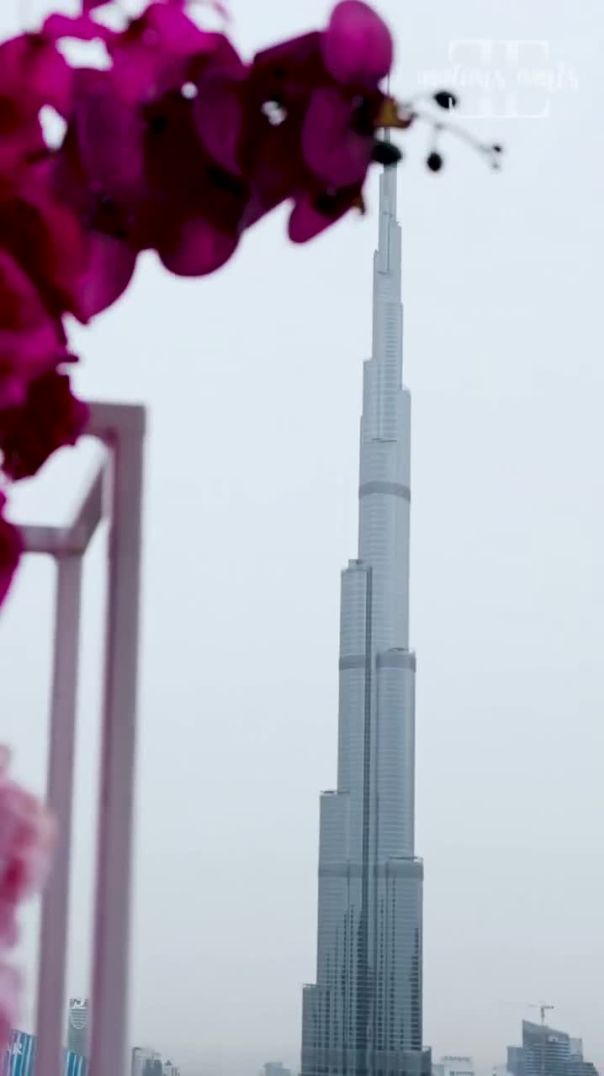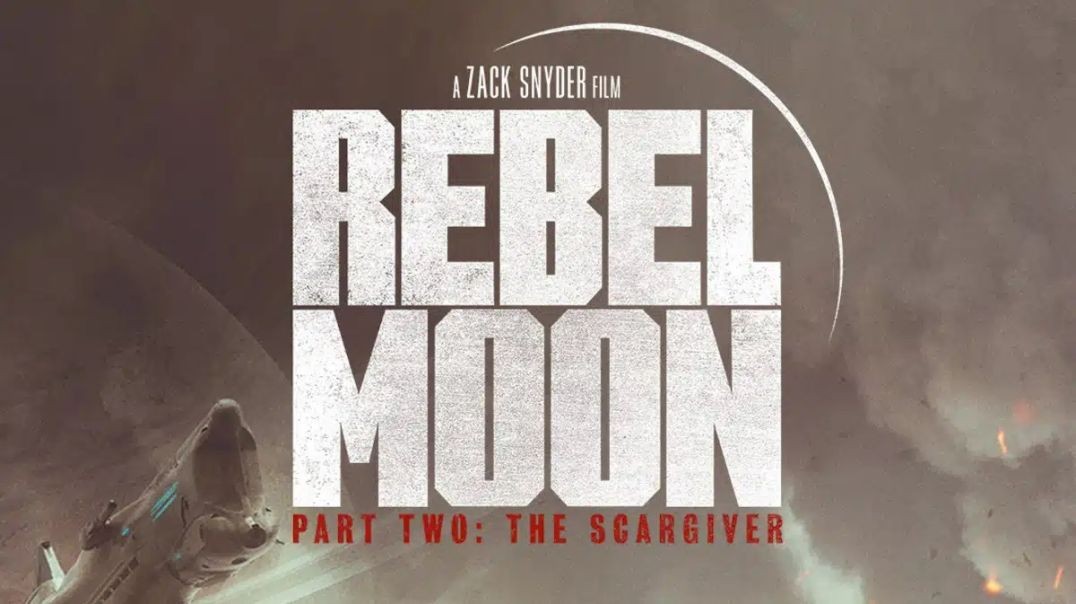6 Views· 30 August 2022
Who owns the Moon?
50 years after the first Moon landing, humanity is getting ready to go back. Countries and companies are planning dozens of lunar missions—for research, for resources and even for tourism, which begs the question: who, if anyone, owns the Moon?
Read more here: https://econ.st/2JK0A1O
Click here to subscribe to The Economist on YouTube: https://econ.st/2xvTKdy
Who owns this? Is it America — the country that planted a flag on it?
Or this man — who has been selling plots of it for almost 40 years?
Or is it us — and anyone else who bought one and has the certificate to prove it?
Today many believe the Moon could be the next frontier for tourism, space exploration or even the mining of precious natural resources. Which means this question might be about to become a lot more important.
In 1969 an estimated 650m people watched as Neil Armstrong took his first step on the surface of the Moon. Five more landings followed. And then for almost 50 years no humans went back. That is about to change.
There are dozens of lunar missions planned over the next 20 years and some will carry crews. The first to land could be in 2024 when NASA hopes to send a crew to the lunar south pole — where it’s believed water may be frozen in craters. That crew may well include the first woman to land on the Moon.
After years of being left alone why is the Moon hot property once again? This book could have the answers — or at least the man who wrote it might.
The price of a space launch, the most expensive part of going to the Moon, has dropped substantially. In 1981 NASA paid almost $62,000 a kilo to launch the Space Shuttle. Last year SpaceX’s Falcon Heavy cost just under one and a half thousand dollars a kilo. That’s a real term drop by a factor of 40.
There’s another reason the Moon may be an attractive destination — its resources. One of which is vital for supporting life in space. But in the past few decades ice has been discovered in craters of the Moon’s poles. And there’s the potential of mineable treasure including highly valuable platinum-group minerals left over from asteroid impacts. And the very rare isotope helium-3 absorbed by the Moon’s surface from the sun and used in nuclear fusion to produce a clean source of energy.
There are plans to mine both. But Oliver isn’t convinced. As well as its resources the Moon can teach scientists more about the history of the solar system. And it could be a proving ground for further space exploration, for example for a manned mission to Mars. But ultimately the main driver for returning to the Moon is nationalism.
And this is where who owns what on the Moon really starts to matter. Which brings us back to this man. He’s Dennis Hope. In 1980 he claimed ownership of the Moon and started selling it off for around $25 an acre. He says it’s netted him millions. Apparently even three former US presidents have Moon plots from him. Vicky Jeong is a space lawyer. Yes that is a real job. We showed her our lunar certificate.
This is because of an agreement signed in 1967 called the Outer Space Treaty. As well as trying to avoid an arms race the treaty set out certain restrictions. But the Outer Space Treaty only prohibits ownership of the Moon itself. The legality of who owns resources found on the Moon like metals or water is left up to interpretation. So what if, say China and America, both want to mine the same bit of the Moon? To work out what could happen up here we have to look down there.
The Law of the Sea sets out which part of the deep ocean belongs to specific countries and which is shared by all humankind. For those areas it has strict criteria for how private companies can mine for their own gain. This includes respecting the environment and ensuring some of the proceeds go to help less-developed countries. But America has refused to ratify the Law of the Sea believing as with the Moon in “finders keepers”.
So even if there is a new Moon treaty, America is unlikely to sign up to it if it’s modelled on the Law of the Sea.
Just how much of a mess won’t be known until the first crater is mined or the first hotel is built. And it may be many moons until the question of who owns the Moon is finally resolved.
For more from Economist Films visit: http://films.economist.com/
Check out The Economist’s full video catalogue: http://econ.st/20IehQk
Like The Economist on Facebook: https://www.facebook.com/TheEconomist/
Follow The Economist on Twitter: https://twitter.com/theeconomist
Follow us on Instagram: https://www.instagram.com/theeconomist/
Follow us on Medium: https://medium.com/@the_economist








![Lil Uzi Vert - Red Moon [Official Music Video]](https://i.ytimg.com/vi/2NzuR5OLvnQ/maxresdefault.jpg)










![HYOLYN (효린), CHANGMO (창모) - BLUE MOON (Prod. GroovyRoom) [MP3 Audio]](https://i.ytimg.com/vi/syb8w0qBv9k/mqdefault.jpg)

![$NOT - Moon & Stars ft. Maggie Lindemann [Official Music Video]](https://i.ytimg.com/vi/hHjyKQiuTyg/mqdefault.jpg)





0 Comments